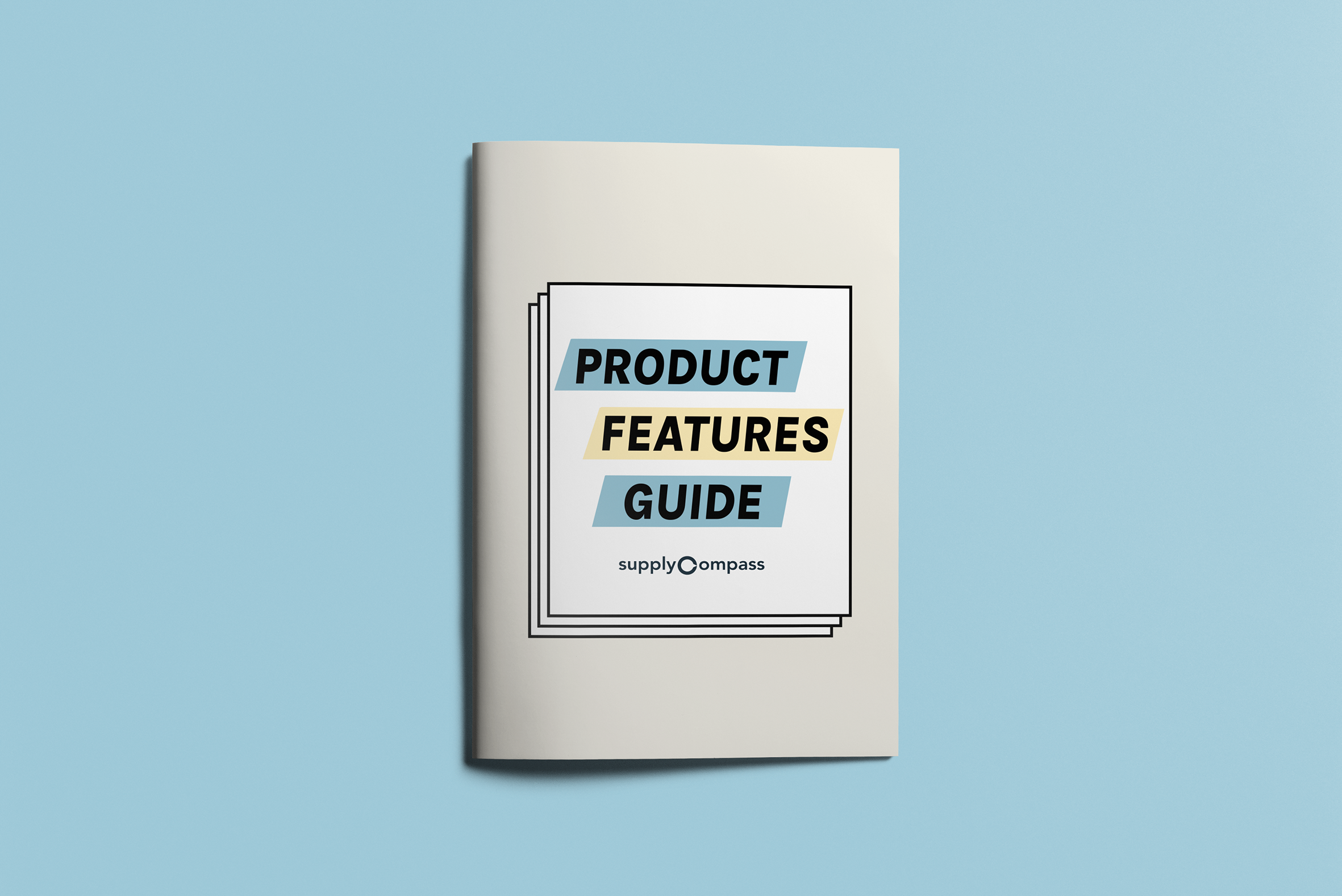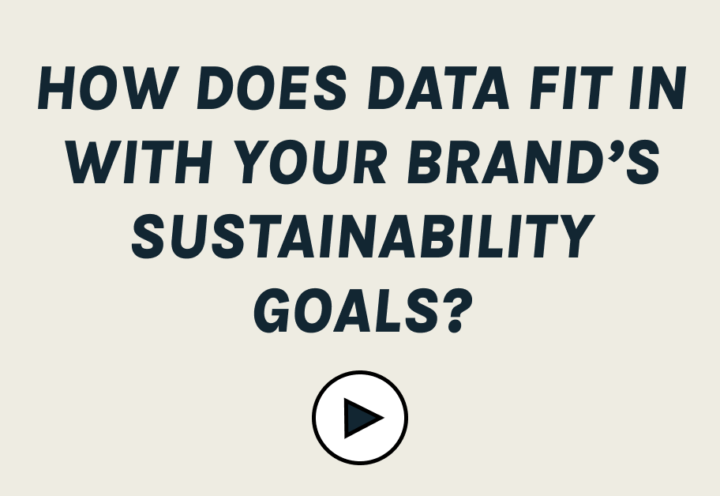
Right Thing #5 – The name of the game is Agility
Flora, our Co-Founder and Head of Product writes The Right Thing every month, covering everything from systems thinking to innovation and sustainability. Want to be the first to read it when it’s first released? Subscribe here.
What is Agile?
My first introduction to Agile (with a capital A) was only after starting to work in Product 5 years ago (*software product, not apparel!). At first, I thought everyone was just referring to agile as the adjective: something quick, reactive and well-coordinated.
As I started to google it under the table in meetings, I realised it was a MASSIVE topic that had a ton of well-known experts (and die-hard followers) on the topic, endless books and entire businesses built around it. Beyond agile software programming and product management—agile leadership, teams, manufacturing.
Agile (the noun)
For those who aren’t already an expert on it, or a die-hard fan, this is basically an iterative and collaborative philosophy of rapid product development, creation and distribution. Typically this means working in batches and shipping products (not just software) in a short period of time.
There’s a real emphasis on co-creation, on a cycle of continuous improvement, production and distribution with regular reflections on how to be better by constant fine-tuning and adjusting.
Turns out Agile is ideal for solving complex problems.
I’ve been reading a lot this month about the difference between complicated and complex problems. They sounded pretty similar to me and I was using the words interchangeably.
With complicated problems or systems, they have predictable solutions that are known in advance and outcomes you can control. Complicated problems require deep domain expertise, consultants etc.
Sustainable, resilient businesses must understand how to solve complexity
The challenges across the fashion ecosystem today are not complicated, they are adaptive and really complex. The challenges are system-wide and arise from networks of interconnected causes.
Basically, they can’t just be solved by domain expertise — the problems are literally changing as you are trying to solve them. You can’t begin to identify individual causes and solve for those in isolation.
That doesn’t mean we shouldn’t try and solve them though.
I started with learning about the Agile Onion
No, I didn’t come up with this- Agile Guru Simon Powers did.
What I learnt is that Agile is much more than just a methodology and that doing agile (yep, it’s doing) successfully means you have to start on the OUTSIDE of the onion and work your way inwards.
Basically mindset first – if you start with tools and process – it won’t work.

You gotta start on the outside of the onion
Start with Mindset otherwise, it’s really hard to change. Mindset guides how we choose to approach something. So in this context, it basically means being agile, rather than doing agile.
Then you’ve got behaviours or values, which is about establishing a way of working based on openness or trust.
In SupplyCompass, Agile principles are that we will deliver new features every 2 weeks. Practices (or methodologies) are the way you did it — via things like Scrum or Kanban.
Then at the core of the onion are the “how”. The tools and processes which can be a blend of collaboration or workflow tools like Jira, Trello, Google, ClickUp, Miro (and SupplyCompass if you are a brand)….
Fashion is already being agile
There are brands and supply chains that are being agile already. Working cohesively as one with a well planned, connected, product life cycle, working cross-organisationally as a team, operating on a foundation of shared principles, tools and processes.
Constantly (and effectively) launching new small drops, iterating and improving — together.
No doubt they will be the most successful — and sustainable — organisations of the future.
What if you want to be agile? Take one thing away from this – the onion. Start with Mindset…
If you’re enjoying reading the Right Thing and you find yourself recommending SupplyCompass to friends and colleagues sign up for our Co:Laborator Community. Sign up in 2-minutes now and you’ll get paid £500 for anyone you refer who becomes a customer.
As Co-Founder and Head of Product at SupplyCompass, Flora Davidson is responsible for the vision and direction of this platform. With a background in innovation and ethnographic market research, she’s wholly focussed on being customer-driven (brand and factory!) in her approach to what technology they build, how and why. She’s obsessed with good design and excellent, intuitive user experience. Flora is passionate about reimagining how the fashion ecosystem can work more openly and collaboratively together, and sees the shift in emphasis towards stronger partnerships between brand and factory, as foundational to the transformation of the industry.
More on our blog
We’ve launched our comprehensive Product Features Guide!
We’ve just launched The SupplyCompass Product Features Guide. We break down all our 95+ features and sub-features, explaining how you can use them and what makes them tick—so you can understand how SupplyCompass can help SME fashion brands like you.
Here’s how tech enables sustainability
What’s the first thing that comes to mind when you think of sustainability? Data is rarely the answer. Watch/Listen to Co-Founder and Head of Product Flora Davidson explain how technology can enable brands to embed sustainability principles into their business.
Brands need a shared, structured workspace
Do you always know where everything is at, all the time? Dates for product delivery, tech packs, whether a sample has been approved? Watch/Listen to Co-Founder Flora Davidson, explain why fashion brands and manufacturers need to collaborate in one structured, organised space.
Get started with our platform
Read the Right Thing
Subscribe to join sustainability nerds, production gurus and thought leaders from companies like Ganni, Adidas, AllBirds and Finisterre & become part of the 10,000+ community who get The Right Thing—a fortnightly letter straight from our Co-Founder’s desk.



